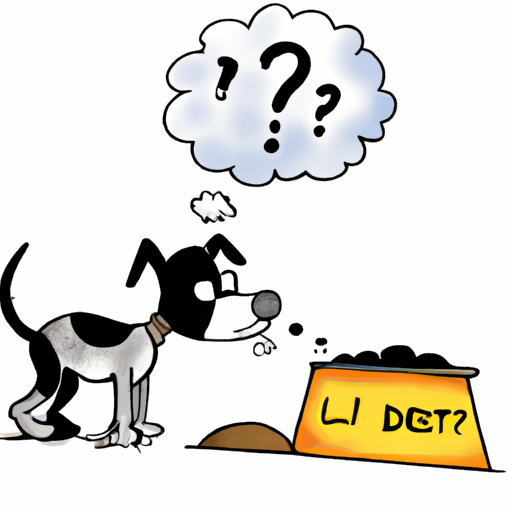Introduction
Have you ever caught your dog sneaking into the cat’s litter box for a quick snack? You’re not alone. Many dog owners have shared your disgust and confusion. If you’re wondering why your furry friend indulges in this unsavory habit, read on.
Understanding Coprophagia
Coprophagia, or the act of eating feces, is relatively common in the animal kingdom. Here’s why:
- Nutritional Needs: Dogs may eat feces to supplement any deficiencies in their diet. Cat feces, in particular, can be rich in proteins and fats, making it appealing to dogs.
- Curiosity: Dogs explore their environment with their mouths. If something smells interesting to them, they might just decide to give it a taste.
- Behavioral Issues: Some dogs might eat feces out of boredom, stress, or to seek attention.
Health Risks Involved
Eating cat feces poses several health risks to dogs:
- Parasites: Cat feces can harbor parasites like Toxoplasma gondii, which can cause serious illness in dogs.
- Bacterial Infections: Consuming feces can lead to bacterial infections, such as Salmonella and E. coli.
Here’s a quick table summarizing the risks:
| Health Risk | Description |
|---|---|
| Parasites | Can cause serious illness |
| Bacterial Infections | Can lead to digestive complications |
Preventing the Behavior
Fortunately, you can take steps to deter your dog from engaging in this behavior:
- Clean the Litter Box Regularly: The less opportunity your dog has to snack on cat feces, the better.
- Dietary Changes: Consult with your vet to check if your dog’s diet is nutritionally balanced.
- Training: Train your dog to stay away from the litter box or to respond to commands like “leave it.”
Mental Health Implications
If your dog is eating cat feces out of stress or boredom, it might be indicative of a larger mental health issue. Engaging your dog in physical activities and mental stimulation can help alleviate these issues.
FAQ Section
Q: Is coprophagia common in dogs?
A: Yes, it’s relatively common, especially in puppies who are exploring their environment.
Q: Can eating cat feces make my dog sick?
A: Yes, it can lead to various infections and diseases.
Q: How can I stop my dog from eating cat feces?
A: Regularly clean the litter box, ensure a balanced diet, and consider training.
Q: Should I consult a vet if my dog eats cat feces?
A: Yes, especially if the behavior is recurrent or if your dog shows signs of illness.
In conclusion, understanding why dogs eat cat feces and how to prevent it can help keep your furry friend healthy and happy. Remember, when in doubt, always consult with a professional. Your dog’s health and well-being are worth it.



